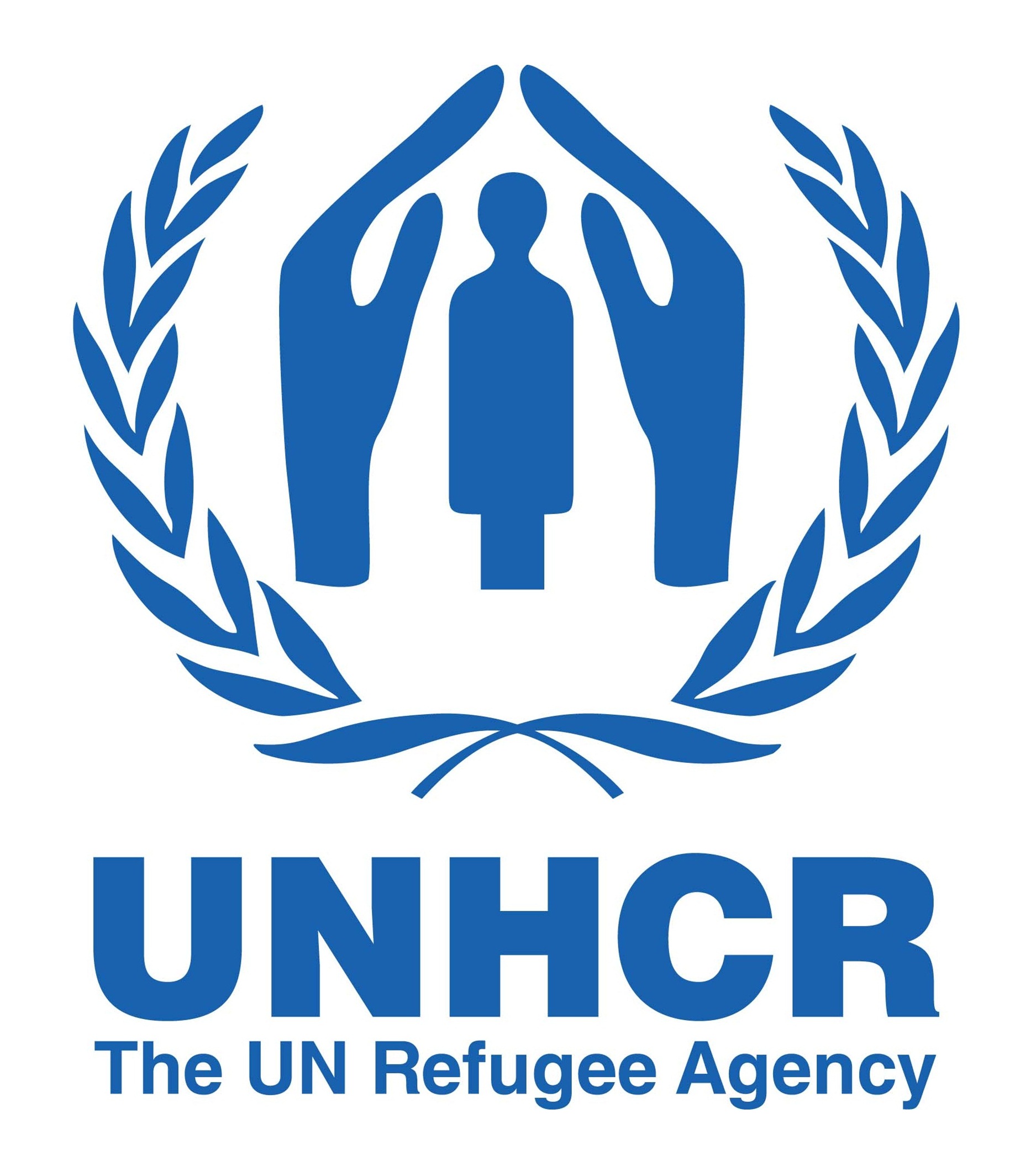Increasing Opportunities for First-time Workers from Former Gang-controlled Neighborhoods in El Salvador

Funded by IPA’s Displaced Livelihoods Initiative and in collaboration with UNHCR, researchers are conducting a randomized evaluation in El Salvador to measure whether subsidized apprenticeship contracts for job seekers from gang-controlled neighborhoods improves their long-term employment outcomes, socioeconomic status, and reduces firms’ hiring biases.
Displaced individuals from former gang-controlled neighborhoods frequently face employment discrimination stemming from employers’ apprehension about potential gang affiliation.1 In El Salvador, UNHCR, in partnership with the Ministry of Labor and Social Protection, implements “Mi Primer Trabajo” (My First Job), a five-month apprenticeship program for job seekers from former gang-controlled neighborhoods that lack formal work experience. The program fully subsidizes three months of participants’ employment to help them integrate into the formal job market and to increase firms’ willingness to hire from these marginalized communities by reducing labor costs.
Funded by IPA's Displaced Livelihoods Initiative and in collaboration with UNHCR, researchers are conducting a randomized evaluation to measure the impact of the "Mi Primer Trabajo" program. They will assess indicators including workers' long-term employment outcomes, socioeconomic status, and firms' attitudes towards job seekers from former gang-controlled neighborhoods. A total of 2,000 job seekers and 600 firms will be randomly selected to either participate in the “Mi Primer Trabajo” program or serve as a comparison group.
Results will be available in 2025.
Sources
1. Doleac, J. L., & Hansen, B. (2020). The unintended consequences of “ban the box”: Statistical discrimination and employment outcomes when criminal histories are hidden. Journal of Labor Economics, 38(2), 321-374.
Implementing Partner













